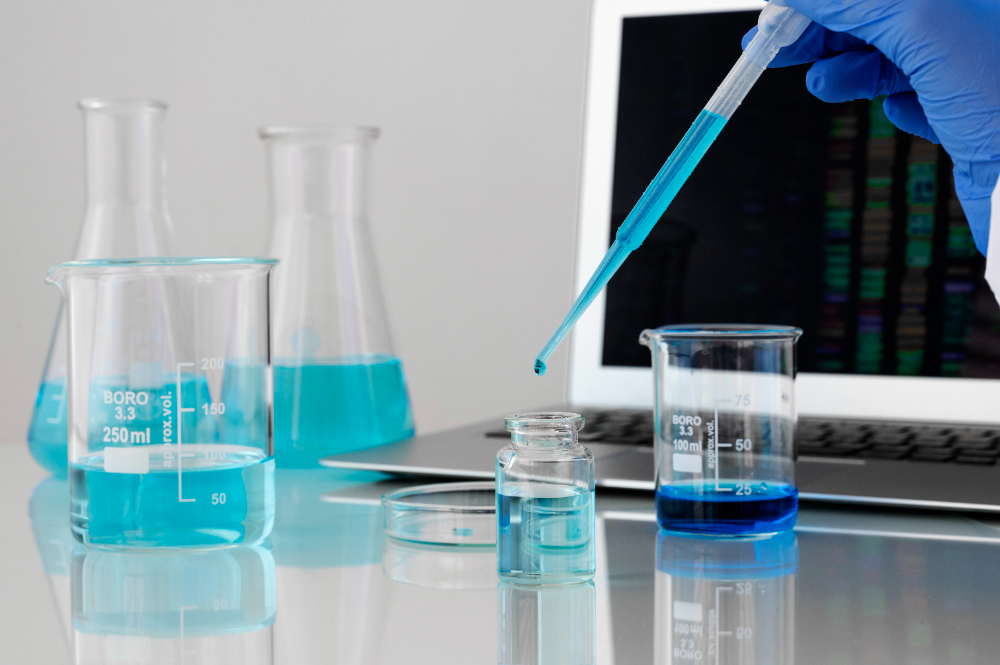Understanding the behavior of gases is a cornerstone of AP Chemistry, as it introduces key concepts like the ideal gas law and kinetic molecular theory. Gases are distinct from liquids and solids due to their ability to expand, contract, and the space between their particles. In AP Chemistry, students must understand how temperature, volume, pressure, and the number of moles influence gas behavior, and how these principles can be applied in real-life contexts, such as in industrial applications and everyday life.
Key Concepts in Gas Behavior for
- Ideal Gas Law: PV=nRTPV = nRT
- Describes the relationship between pressure, volume, temperature, and the number of moles of gas.
- Boyle’s Law: P×V=constantP \times V = \text{constant}
- Explains how pressure and volume are inversely proportional at constant temperature.
- Charles’s Law: V/T=constantV/T = \text{constant}
- Describes the direct proportionality between volume and temperature at constant pressure.
- Avogadro’s Law: V/n=constantV/n = \text{constant}
- Relates volume and moles at constant temperature and pressure.
AP Chemistry Gas Law Equations
| Law | Equation | Description |
|---|---|---|
| Boyle’s Law | P×V=constantP \times V = \text{constant} | Pressure and volume are inversely proportional at constant temperature. |
| Charles’s Law | V/T=constantV/T = \text{constant} | Volume and temperature are directly proportional at constant pressure. |
| Ideal Gas Law | PV=nRTPV = nRT | Relates pressure, volume, temperature, and moles of a gas. |
How Lapidary Education Center Helps with AP Chemistry Gas Behavior
Lapidary Education Center offers expert-led AP Chemistry courses that focus on understanding the behavior of gases. These courses delve deep into the core concepts and applications of gas laws. With personalized tutoring, students gain confidence in their ability to apply gas law equations to various scenarios, strengthening their understanding and problem-solving skills.
Steps for AP Chemistry Success:
- Master Core Concepts: Understand the essential gas laws and their applications.
- Solve Practice Problems: Reinforce your learning with AP-level practice questions.
- Real-World Applications: See how gas laws are used in fields like engineering, meteorology, and environmental science.
- Simulate Exam Conditions: Practice with mock exams and quizzes to build confidence for the actual AP test.
Conclusion
Mastering the behavior of gases is crucial for excelling in AP Chemistry. With a solid understanding of gas laws, students can confidently apply these concepts in the exam and beyond. Lapidary Education Center’s specialized programs provide students with the tools they need to succeed, ensuring they are well-prepared for both theoretical and practical aspects of Chemistry.



